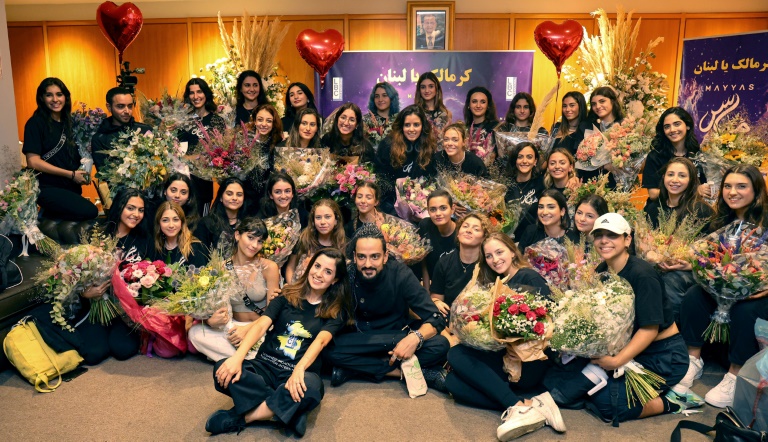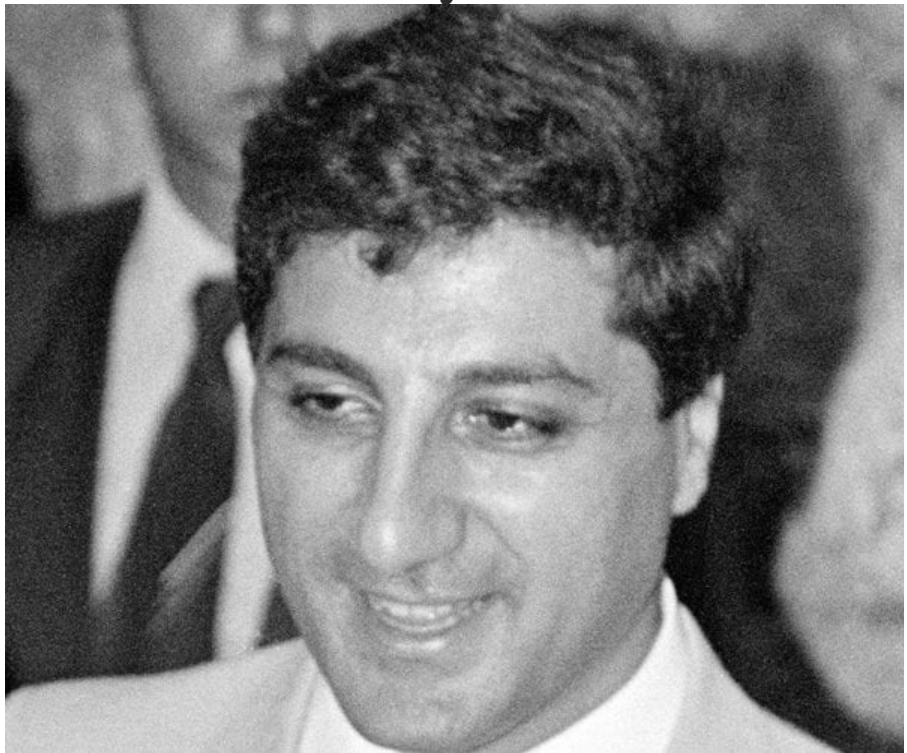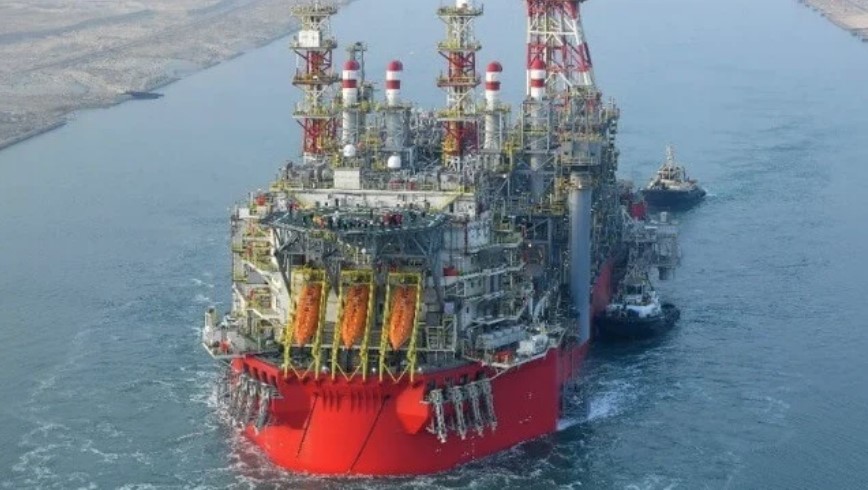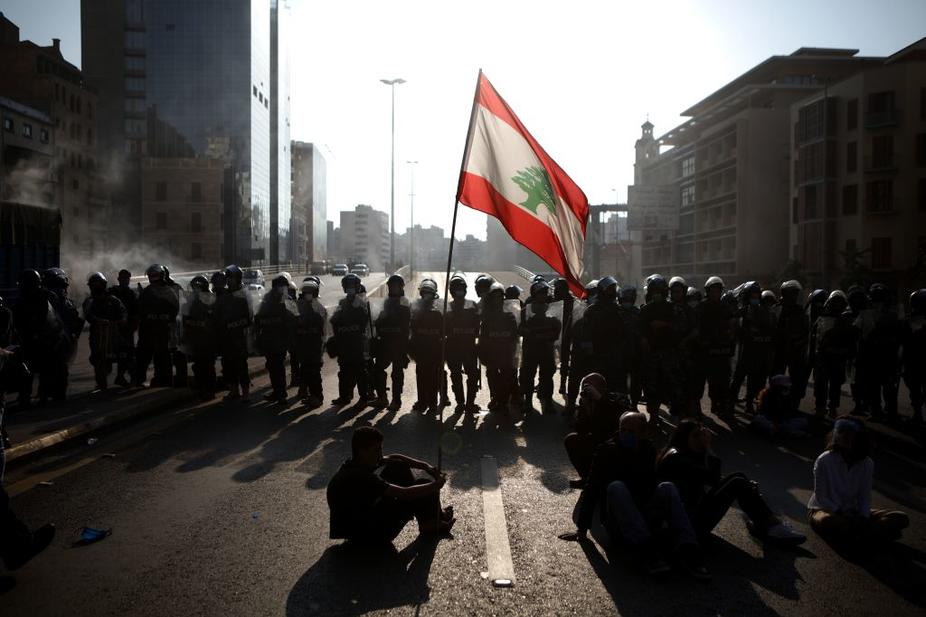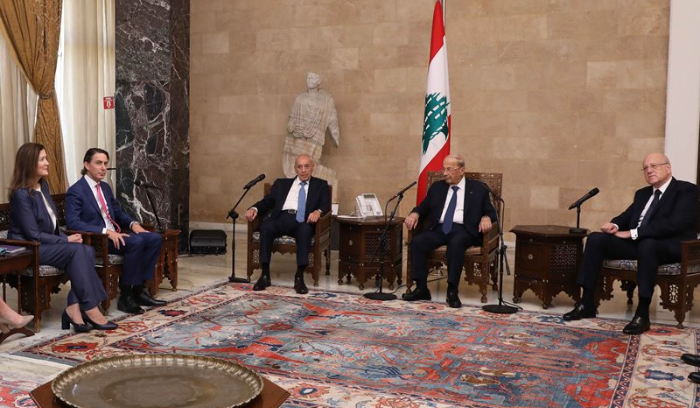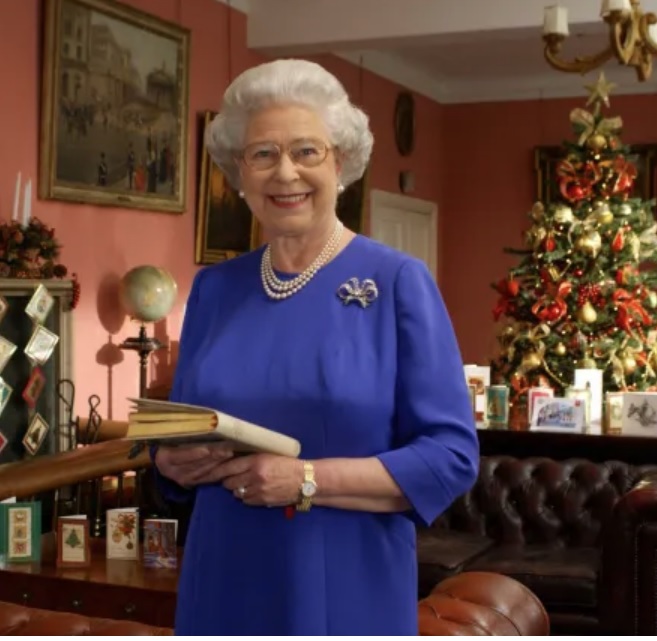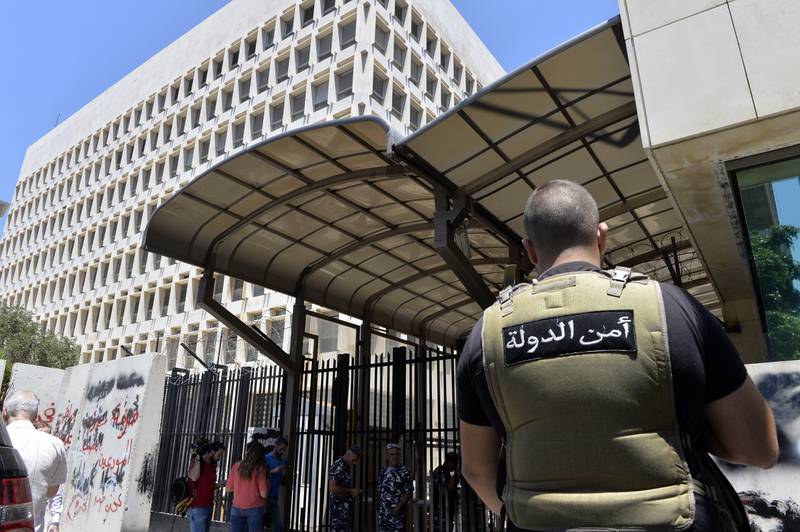
By Najia Hassari — arabnews.com — BEIRUT: Lebanon’s security services seized over 1 million Captagon pills hidden in a shipment of grapes at Beirut port, it was announced on Saturday. Interior Minister Bassam Mawlawi said that the illicit haul was heading to Kuwait via Sudan, and that investigations are underway to “pursue the dealers.” Lebanese authorities insist they have stepped up efforts to combat the illegal trade in Captagon after Gulf states, led by Saudi Arabia, issued warnings about a rise in the number of attempts to smuggle the stimulant. In 2021, the Kingdom suspended fruit and vegetable imports from Lebanon after seizing more than 5 million Captagon pills hidden in a shipment of pomegranate bound for the country. Authorities said that in the past six years, there have been attempts to smuggle up to 600 million narcotic pills from Lebanon to Saudi Arabia. Meanwhile, calm returned to Lebanese streets after at least five customers using pellet guns or toy weapons stormed banks across the cash-strapped country on Friday demanding access to withheld savings.
The Association of Banks in Lebanon said it was closing all branches for three days to protest against the attacks and protect banking staff. However, there are fears of widening chaos if protesters take to the streets following the banks’ closure next week. One political observer, who declined to be named, said: “Depositors are storming banks, people are carrying weapons, individual fights are turning into armed clashes, while families and clans are firing at each other in rural areas, even in villages affiliated with Hezbollah.” Security services are all but powerless to act because their members are “suffering under the economic collapse just like everyone else,” the observer said. In an already febrile atmosphere, Hezbollah chief Hassan Nasrallah condemned a recent amendment in the mandate of the UN peacekeeping force deployed along the border with Israel.
